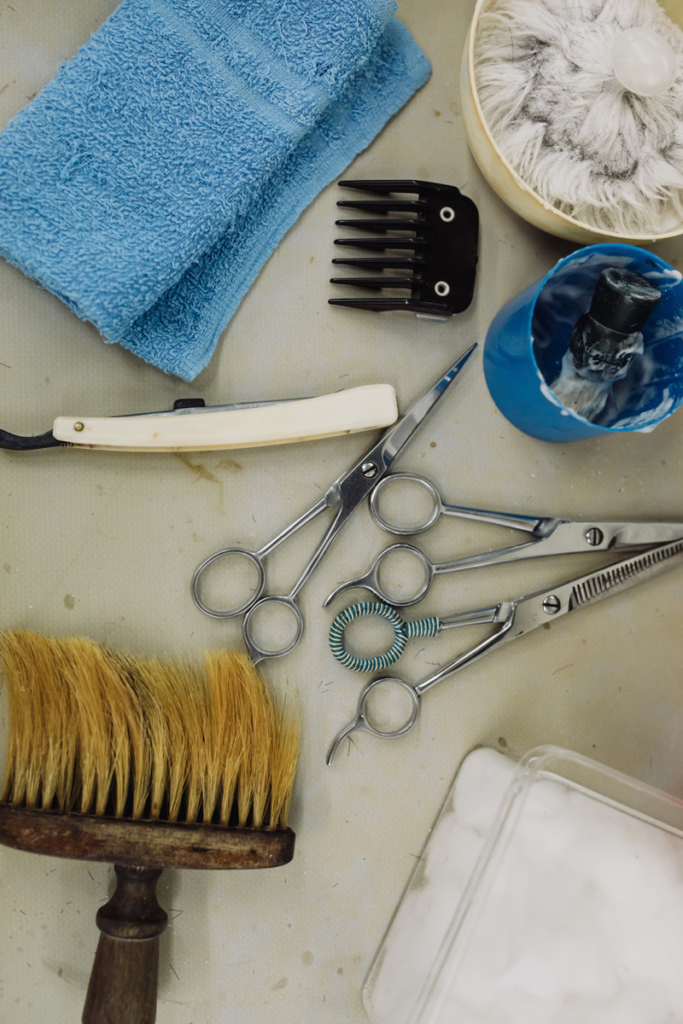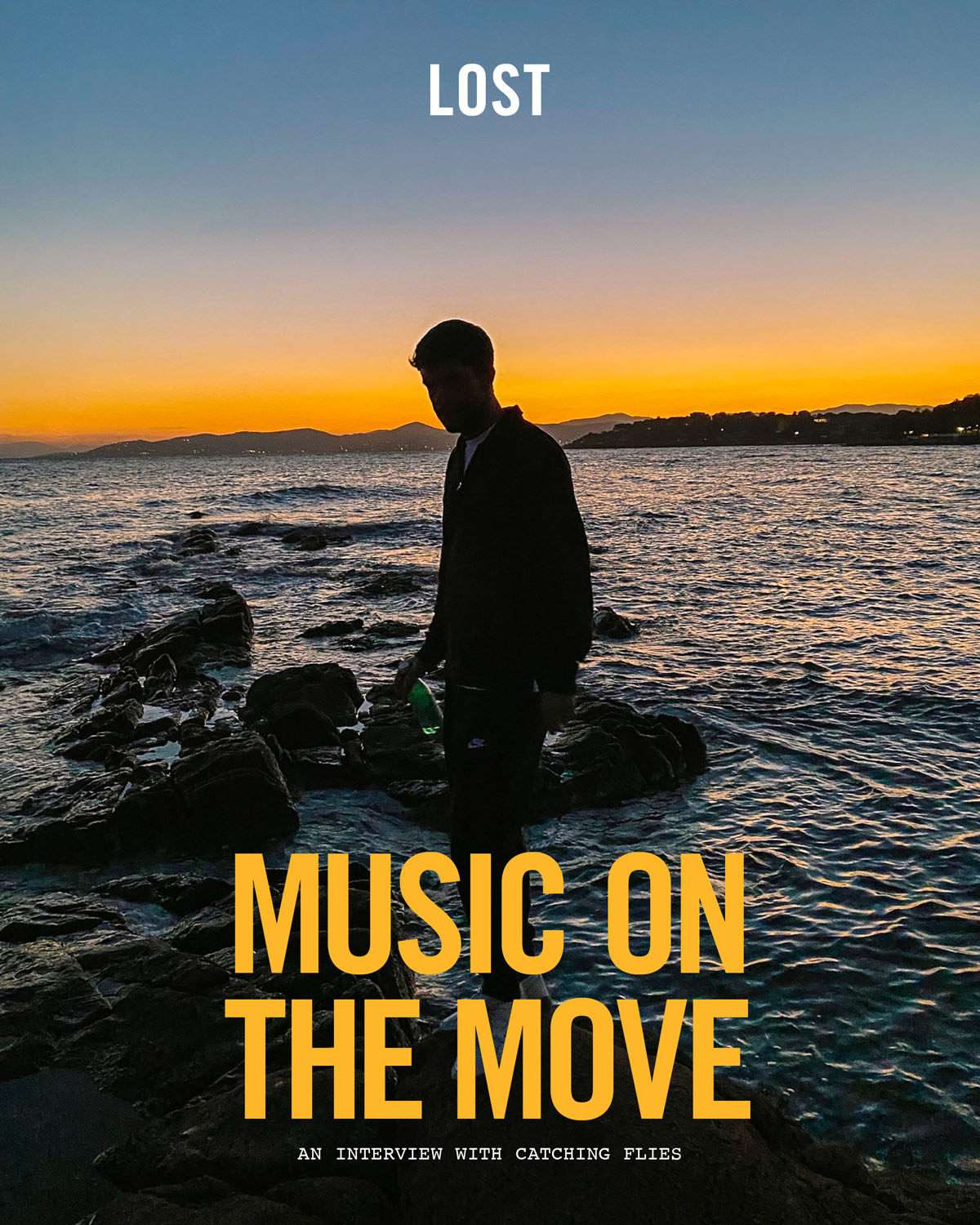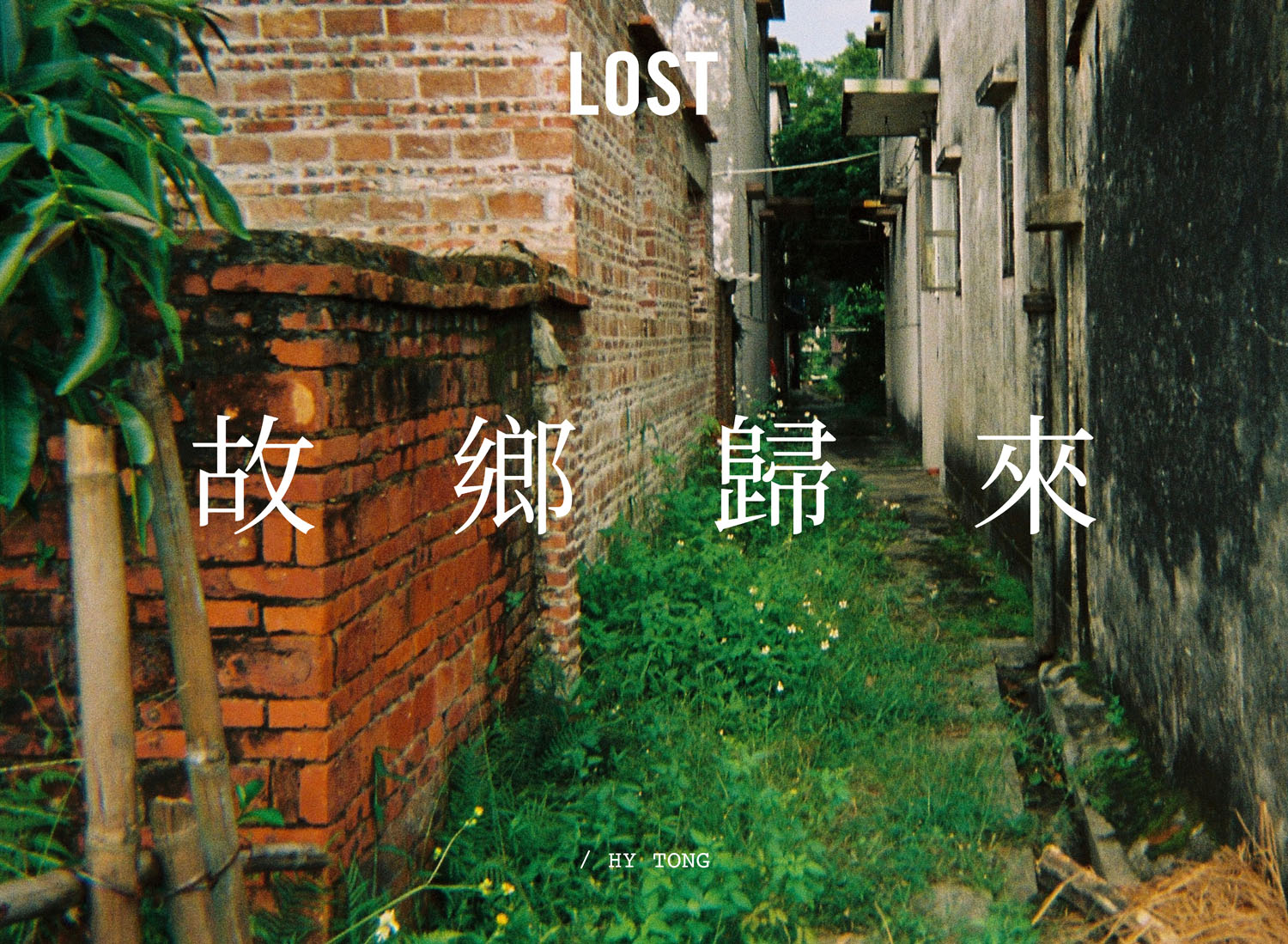BY BRYAN CHAN AND MARIJA SAVIC
Light streams through the glass windows and the panels of cream-coloured curtains hanging from the wall, the room is tinged with a dusty yellow light, the warm glow of a nostalgia. We seem to have gone back in time to the robust 80s, looking through the lens of an old Kodak camera, the analog colours of green, red and gold colouring our vision whole. We see the world through filmic grains, a static glimpse into a time that no longer is but somehow lingers on between these four walls.
Music plays from speakers somewhere in the clutter of the room, streaming songs from an old radio station that still clings onto the airwaves. They are simple songs from simpler times, cheery old tunes of wistful loves and countryside longing. The air is cool, sweet and musty at once, the layered scent of shaving cream and elderly skin, masking over the staleness of coolant spewing from the back of the room air conditioner. Like all the other inhabitants in the room, they are long past their golden days.
The clunks of chairs that line the centre of the shop are a statement from those times. Large, metal and hardy, things then were built to last. Apart from some rust on its bones and patina on its plates, there is not much sign of weariness. The old walls and doors are hanging in there, a little faded but otherwise okay. The porcelain sinks and silver mirrors have taken on aged spots, but they still do their job just fine. Time has been kind on all of them, ageing them fine like wine in a cellar room. Anywhere else and they would be trash or vintage, but here in the old barbershop, they are right at home.
A silver-haired matriarch sits on a throne watching the door of the room. Beside her is a paper calendar that hangs on a chipping wall. It has been placed and replaced more than forty times over the course of her life. Her wrinkled face and thin lips tell about the years that have gone by. She has seen many come through those doors. Boys have become men, men have become old, some of them have greyed and some of them have gone. She runs the place with an army of five men, all of them barbers in their own right. They take turns as the customers come, holding the fort and making its keep.
Life has favoured this aged place, granting it grace with an easy pace, and though its golden days are gone, its time is not quite over yet. The shop never once empties, nor does it overcrowd, time lets it have its way about. Customers come at the right moment, none too late and none too soon. The barbers move in a cool and steady flow, like that on a quiet evening stroll. They take their own sweet time, sauntering along the aisle of chairs; savouring the last of their fading line, cutting off and snipping hair.
There is a feeling that places like this will never go, even if the walls may crumble and their keepers pass. They live on quietly in our hearts and minds, not saying a word and not doing a thing. It is a faint whiff that hangs around, the aching memory of a lost recipe. It plays on our heartstrings, holding us hostage to its nostalgia and longing. Maybe it serves as a mirror for us to check ourselves, a wayfinder of sort to let us know where we are. To let us see if we have gone forward or back, and if the latter, it helps us find our way again.









陽光穿過玻璃窗和墻上掛著的奶油色窗簾,房間被染上灰黃色的光,帶著暖意的鄉愁。我們好像回到了濃郁的八十年代,透過老柯達相機的鏡頭,眼前的一切都帶著復古膠片的綠色、紅色和金色色調。我們透過膠片的顆粒看這個世界,靜止地窺看一個已逝但卻在這個房間裏徘徊的時代。
在房間的某個雜亂角落裏,揚聲器放著一個至今仍能接收到的古早電臺。都是一些來自純真年代的簡單歌曲,活潑的曲調講述傷感的愛情和對田園生活的向往。空氣涼爽、甜蜜又帶著黴味,空調噴出陳舊的冷卻劑,被剃須乳和上了年紀的皮膚復合的氣息所籠罩。就像這間房間裏的其他生命,早已度過了他們的黃金時代。
理發店中央排成一列的椅子發出的聲響,是來自那個時代的明證。體積巨大,金屬質地且堅硬,那個時代的東西是為了持久而制造的。除了骨架上的一些銹跡和平板上的銅綠,椅子上看不出多少使用痕跡。年代久遠的墻壁和門板還健在,略有褪色但不影響使用。陶瓷水槽和銀質鏡子上生了斑點,仍是好好地履行自己的職責。時光對這一切溫柔以待,如酒窖裏的紅酒那樣熟成。換做任何其他地方,它們都會被當做垃圾或是二手貨,但在這間老理發店裏,它們找到了自己的歸屬。
銀發的老板娘坐在她的王座上望著門口。身邊斑駁的墻上掛著一份紙質日歷。在她的一生中,它已經被重置了不下40次,她滿是皺紋的臉和薄唇訴說著過去的歲月。她見過人來人往。男孩長成男人,男人漸漸老去,一些人灰白了頭發,一些人離開了這個世界。她的店裏有五名雇員,各憑本事剃頭,輪流接客,守衛著這個城堡,維持著店鋪的經營。
生活善待著這個有歲數的地方,緩慢的腳步讓它優雅地老化,雖然它的黃金歲月已逝,但它的時代還遠沒有結束。這間理發店從未空著,也不曾擁擠,時間讓它自得其所。客人們在恰當的時間點到來,不早也不晚。理發師冷靜地移動著腳步,像夜間散步那般。他們從容閑適,在椅子間悠然漫步,欣賞著最後的發際線,剪下頭發。
我有一種感覺,像這樣的場所永遠不會消失,哪怕四壁殘破,哪怕守護它的人都過世。它們仍安靜地活在我們心中,不言不語。它是殘存的微弱氣息,是失傳食譜的疼痛記憶。它撥動我們的心弦,將我們變成鄉愁和懷舊的人質。希望它變成一面讓我們自查的鏡子,一個讓我們知道身處何處的羅盤。讓我們知道自己是在前進還是後退,如果是後者,它幫助我們重新找回自己的道路。
Bryan Chan and Marija Savic are a husband and wife team of visual and narrative storytellers. Marija is a lifestyle and travel photographer from Serbia (www.marijasavicphotography.com), and Bryan is a copywriter for ethical businesses from Singapore (www.wordsbychan.com). The two first met in India under unlikely circumstances which resulted in an Indian wedding exactly a year after. They now base themselves in Ubud, Bali where they freelance their craft and relish in the town’s plant-based delights. For more of their work follow them on Instagram at @nowhere.stories and @my.wander.diary
Bryan Chan 和 Marija Savic 是一对用视觉与文字讲故事的夫妇。Marija 是一位来自塞比亚的生活方式与旅行摄影师(www.marijasavicphotography.com),Bryan 则是来自新加坡的自由贸易与商务广告撰稿人(www.wordsbychan.com)。两位初次在印度奇迹般偶遇,一年后又回到印度结婚。现在居住于巴厘岛的乌布德(Ubud),在这里作为自由职业者,享受这座被植物环绕的城市的美好。在 Instagram 关注 @nowhere.stories 和 @my.wander.diary,了解更多关于他们的信息。



